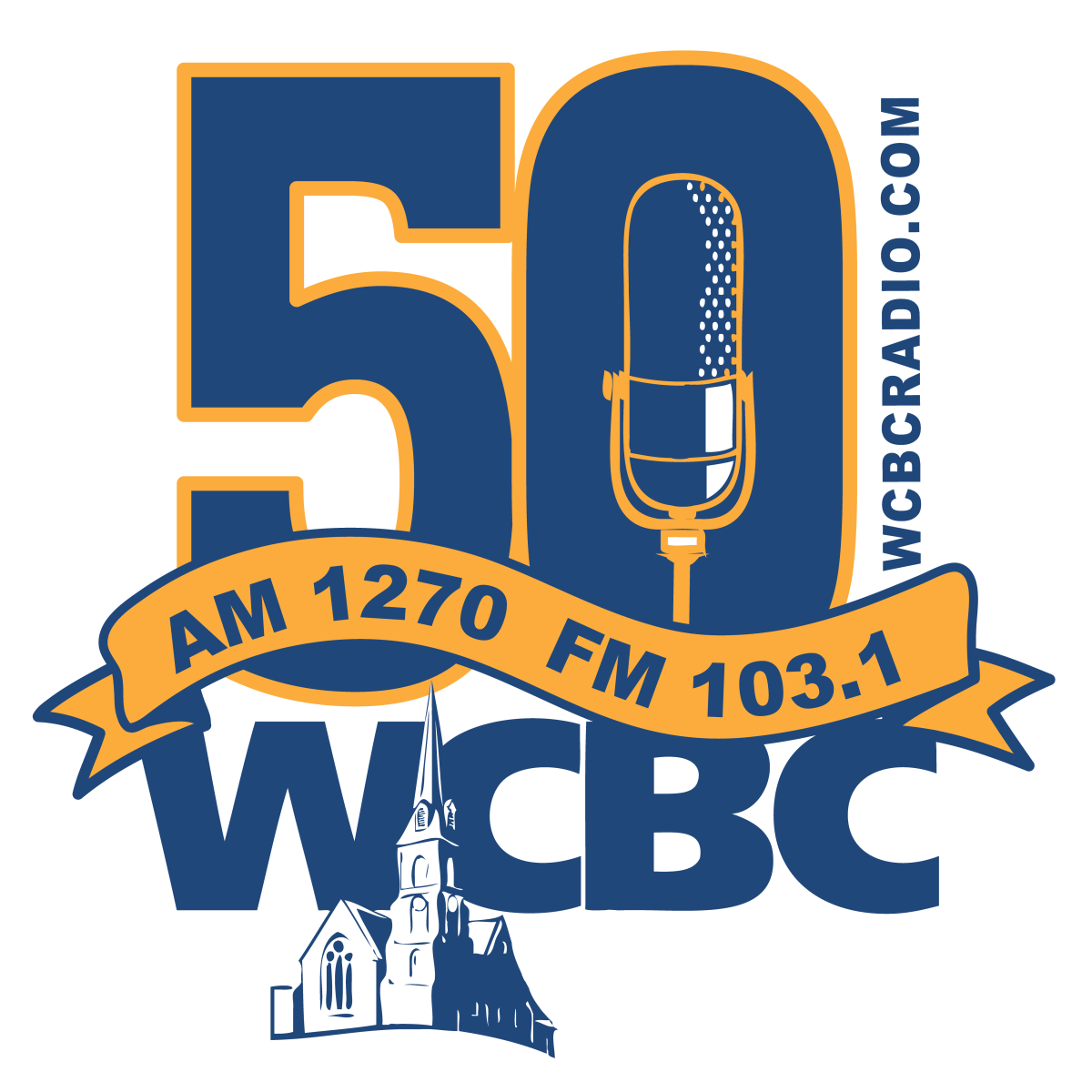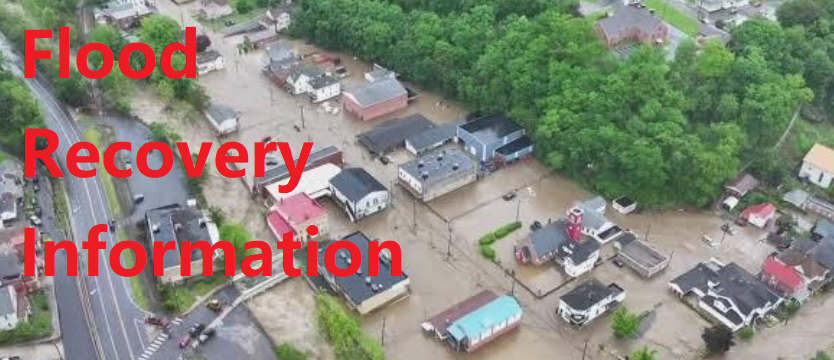December 10th, 2025 by WCBC Radio
The West Virginia Legislature has wrapped up its final Interim meetings for 2025, closing out a productive and fast-paced schedule. My work began several days earlier than the formal agenda, as I met with multiple companies evaluating new U.S. operations. These conversations focused on why West Virginia stands out as the best state for business expansion, and I always highlight Mineral County as a prime location. Thanks to legislative reforms and the foundation built by former Governor and now U.S. Senator Jim Justice, interest in West Virginia continues to rise. The more companies looking our way, the more opportunities we have to convert that interest into real economic wins.
During the Joint Committee on Finance, we received another strong financial report. The numbers show clear momentum: consumer sales tax collections are outperforming projections, reflecting a healthy retail sector and confident consumer spending. Personal income tax collections remain well above estimates, signaling higher wages and more West Virginians working. Even areas once considered weaknesses, like severance tax revenue, pose far less concern today. The broader economy is strong enough to offset fluctuations in energy markets. The state is now more than 130 million dollars above revenue estimates for the fiscal year, and our Rainy Day Funds continue to rank among the strongest in the nation.
In the Joint Committee on Energy and Public Works, Ken Rosenfeld of The Pew Charitable Trusts’ Energy Modernization Project provided an important update on national electricity trends. Demand is projected to grow 25 percent by 2030 and 78 percent by 2050. Yet the nation’s transmission grid is outdated and insufficient, with about 2,300 gigawatts of planned generation projects waiting in interconnection queues because new power lines are needed to bring that energy to customers. Without new transmission, grid congestion will intensify, pushing electric rates higher. The estimated cost to consumers is 12 billion dollars per year as utilities turn to more expensive power when cheaper electricity cannot reach the marketplace.
The Joint Committee on Economic Development and Tourism reviewed a rural job-growth model used successfully in other states. Advantage Capital presented how targeted insurance premium tax credits are leveraged to attract private capital that is then invested directly into small businesses lacking access to traditional financing. Results in other states have been significant, including more than 77,000 supported jobs and investments of 11.9 million dollars and 2.9 million dollars in individual manufacturing companies that expanded operations and increased wages. West Virginia is now evaluating whether adopting a similar structure could help small businesses scale up, hire more workers, and strengthen local economies.
At an Interim Press Conference, House leadership outlined the economic development priorities for the upcoming regular session. The focus remains squarely on expanding the workforce, creating jobs, and improving the business climate. Legislative proposals will include updates to workforce-ready education, targeted support for employers who upskill workers, streamlined permitting processes, and tools to advance site development and infrastructure across the state.
As Chair of the House Committee on Economic Development, I continue to emphasize that our state’s responsible fiscal management, pro-growth tax structure, and business-friendly approach have created a competitive advantage. With a 6.5 percent corporate tax rate, no franchise tax, no sales tax on manufacturing equipment, one of the nation’s strongest Rainy Day Funds, and pension systems projected to be fully funded by 2032, West Virginia offers the long-term fiscal stability companies value when deciding where to expand.
Mineral County remains one of the region’s strongest performers. Our county already surpasses neighboring Allegany County, Maryland, in median income and maintains lower unemployment. That advantage is expected to grow as Maryland continues to face fiscal strain. With a committed workforce, increasing job totals, and sites ready for expansion along major transmission and transportation corridors, Mineral County is positioned to serve as a growth anchor for the Upper Potomac Valley.
As the regular session approaches, we have an opportunity to continue building on this progress. The House Committee on Economic Development will remain focused on advancing policies that drive job creation, strengthen communities, and keep West Virginia moving forward as a top destination for business investment.
If you need assistance with a state agency, would like to discuss future legislation, or want to share ideas for improving life in our state, please reach out to me at (304) 340-3191 or Gary.Howell@WVHouse.gov




.jpg)













